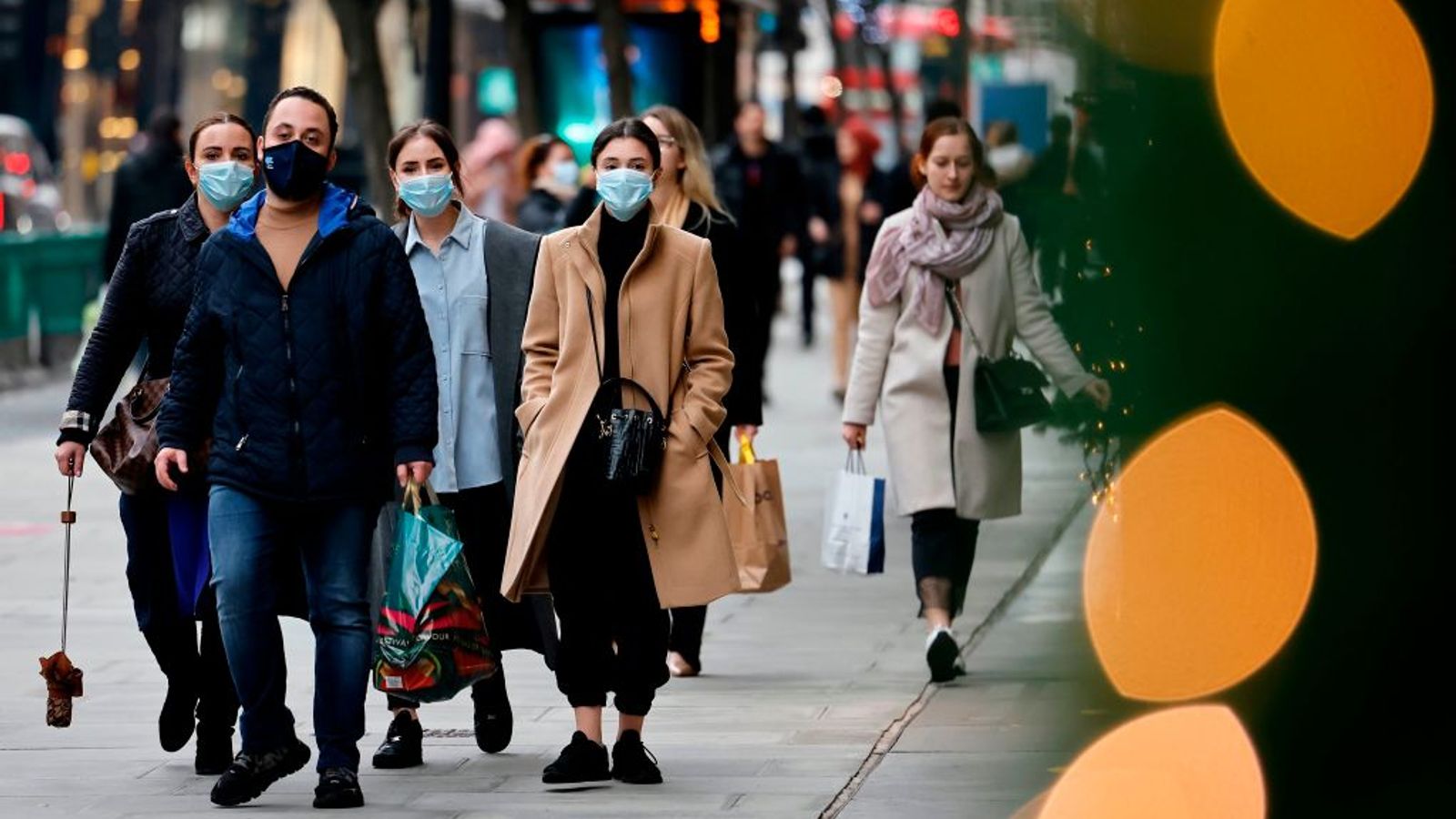The pharmaceutical boss behind the Oxford vaccine says researchers have found a “winning formula” to improve the jab’s efficacy.
Trials of the vaccine, developed by the university along with AstraZeneca, showed an efficacy rate of 90% when people were given half a dose followed by a whole dose at least a month later.
When two full doses were given at least a month apart, the vaccine had an efficacy of 62%, meaning that – when all the results were taken into account, the overall efficacy was 70%.
The Pfizer and Moderna vaccines were shown to be 95% and 94.5% effective respectively.
But Pascal Soriot, chief executive of AstraZeneca, told the Sunday Times: “We think we have figured out the winning formula and how to get efficacy that, after two doses, is up there with everybody else.
“I can’t tell you more because we will publish at some point.”
Such an improvement would be a relief to the government, which has ordered 100 million doses of the vaccine, with around 40 million expected to be available by the end of March.
Mr Soriot said the earlier results had been seen by the pharmaceutical company as “positive”, adding: “They meet the criteria established by regulators around the world.
“We assumed people would be a bit disappointed, that’s for sure, but we didn’t expect that storm.”
His words come amid reports that the vaccine could be approved as early as next week, following the approval of the Pfizer/BioNTech vaccine in the first week of December.
According to the Sunday Telegraph, distribution of the Oxford vaccine could begin as early as 4 January with the government hoping that more than two million people could have their first dose within the first two weeks.
Responding to the report, the government said that the MHRA (Medicines and Healthcare Products Regulatory Agency) must be given time to review the vaccine data.
“The medicines regulator is reviewing the final data from the University of Oxford/AstraZeneca phase three clinical trials to determine whether the vaccine meets their strict standards of quality, safety and effectiveness,” it said.
“We must now give the MHRA the time to carry out its important work and we must wait for its advice.”
It comes as concern grows about the spread of a new variant of the virus, which was first detected in the UK and appears to be more easily transmissible than the original version.
It also comes as many parts of the UK moved into tougher restrictions designed to limit the spread of the virus.
Meanwhile, the Sunday Mirror reported that hundreds of GP surgeries and hospitals were still waiting to receive doses of the Pfizer vaccine and that some appointments made to vaccinate vulnerable people had been cancelled due to the delays.
The Sunday People reported that people at 12,000 care homes were missing out on the jab, despite them being at the top of the priority list.
Nadra Ahmed, chairman of the National Care Association, told the Sunday Mirror the Pfizer/BioNTech rollout was going to be “difficult” but added: “It’s another case of the massive over-promise on something that just cannot be delivered. It’s constant.”
Subscribe to the Daily podcast on Apple Podcasts, Google Podcasts, Spotify, Spreaker
And Labour shadow health secretary Jonathan Ashworth urged the government to avoid what he said were “the same mistakes again” in being “too slow” to protect care home residents – a veiled reference to PPE and hospital discharges.
Chancellor Rishi Sunak praised vaccination efforts so far, telling the Mail on Sunday: “There will be tough days and months ahead, but there are reasons to look ahead to a brighter future and what 2021 promises.
“The early rollout of vaccines – and the incredible work of our scientists and NHS – means we can now see light at the end of the tunnel with this pandemic.”
